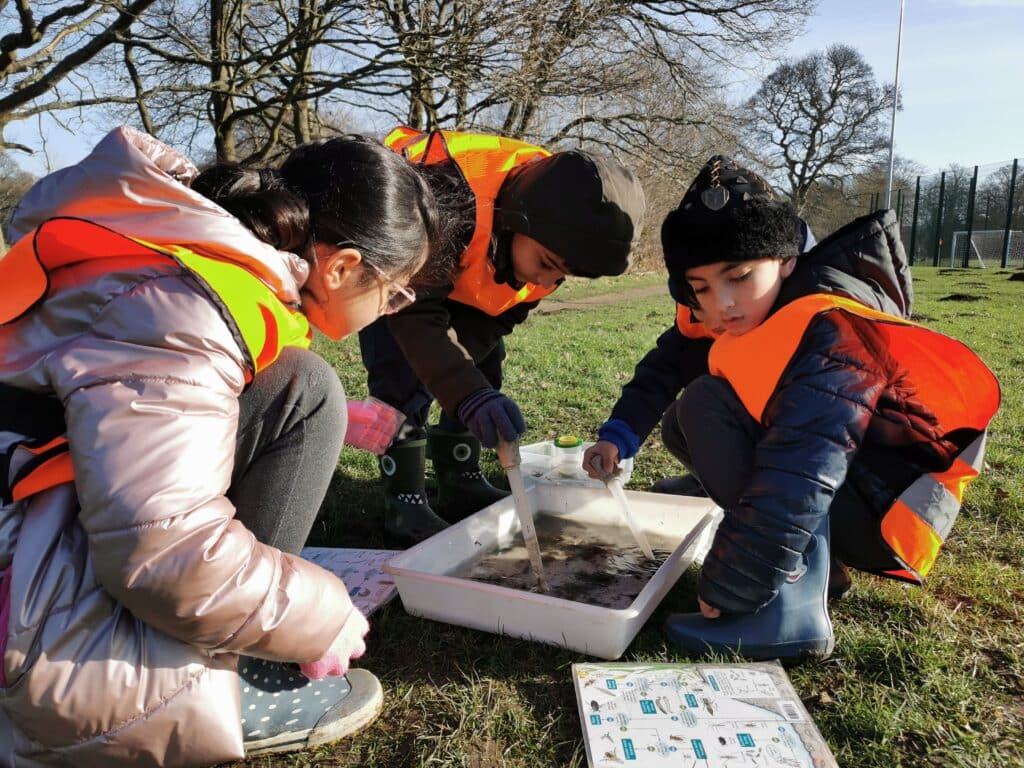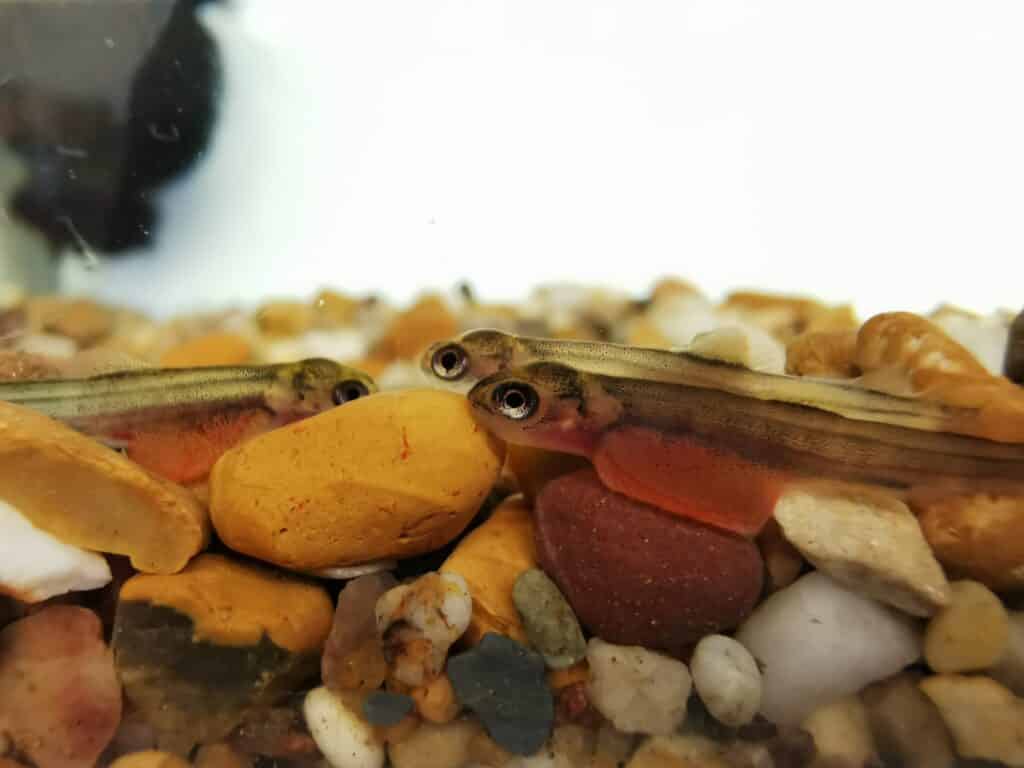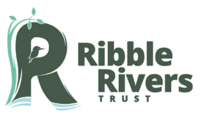Have you every wondered what it’s like to work in river education? Our latest series of guest blog posts explains more about our team, their work, and what this means for their day to day life. This time we’re hearing from Christi Lloyd, our Education Officer.

a week in the life of; the river education team
There can be massive variation week to week in this role, which is why I love it so much. It depends on many things such as school term times; the cycle of the National Curriculum (we are the busiest when rivers is the topic of interest); and, more recently, teacher strike days. Some days might see me sitting at my desk sorting paperwork but other days I may end up travelling all over the beautiful Ribble catchment; there is a good mix. However, this variety makes writing “a week in the life” very difficult, so I’ll just do my best to give you an overview of my work.
Being an Education and Engagement Officer isn’t all about delivering river education activities to school pupils, there is a lot of planning behind each and every session that we run – from initial contact with a school to the actual delivery of activities. Here is a very brief whistle-stop tour of what this planning entails:
river education- a checklist!
Contact
If we have area-specific funding available, we might reach out to a school to let them know about this. Most of our bookings, however, are from schools who have heard about us or who have worked with us before. Initial emails will form plans for activities as each session is bespoke to the school to ensure it meets the needs and abilities of the pupils.
Booking forms
Before any planning commences, I must have a completed booking form from the school. This contains details on everything from contact names and addresses to allergies and any special requirements pupils have.

Site visit/meeting
This is the time where I meet with the teacher and we can really start to visualise how and where the planned activities will take place. This could be on school grounds or in a local area outside of school. I will check for suitable spaces for the activities and this also gives the teacher chance to ask any questions face-to-face.
Risk assessment
Now I have visited the school and/or site for the activities, I can write the risk assessment specific to that school/site. If the children will be going into the river to get their own invertebrate sample, the school’s risk assessment must be submitted to the council six weeks before the activity takes place – something to consider when we are in this planning stage!
Landowner permissions
Whenever we are working off school grounds, we must seek permission from whoever owns that piece of land – whether that’s a private landowner, farmer or the council. This ensures we keep a good working relationship will all of our landowner friends.
Paperwork
Once all the plans and permissions are in place, it’s time to get them down on paper. For every session, we create a bespoke timetable and sometimes a map as well, if the day involves a walk away from school grounds. These are very useful for those running the session but also from some of the pupils, who might like to know the plan for the day beforehand or pick up some map reading skills on the walk.

Communication
This isn’t necessarily a ‘step 7’ as it is a continuous aspect of the process. Keeping in communication with everyone involved is key to the activities running smoothly on the day. From teaching staff and Ribble Rivers Trust colleagues to volunteers who are giving up their time to help, it’s important that everyone feels included and knows their role on the day.
Delivery
Finally, the day comes to deliver the activities that we have been planning. Everything comes together and runs smoothly, the children have a brilliant time and go home at the end of the day one step closer to becoming our River Ambassadors of the future. Our Education Officers get at least one good night’s sleep before going out to inspire the next group of excited children.
Typically, we deliver one or two of these full-day sessions every week during term time. However, in the warmer weather of the summer term it can be up to three or four per week. On top of this, January-March is Trout in the Classroom season, so that sees our Education Officers installing trout tanks in schools across the Ribble catchment, delivering trout eggs, checking on the tanks every week then releasing the young fish with the pupils before Easter.

